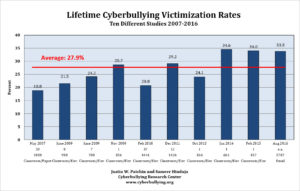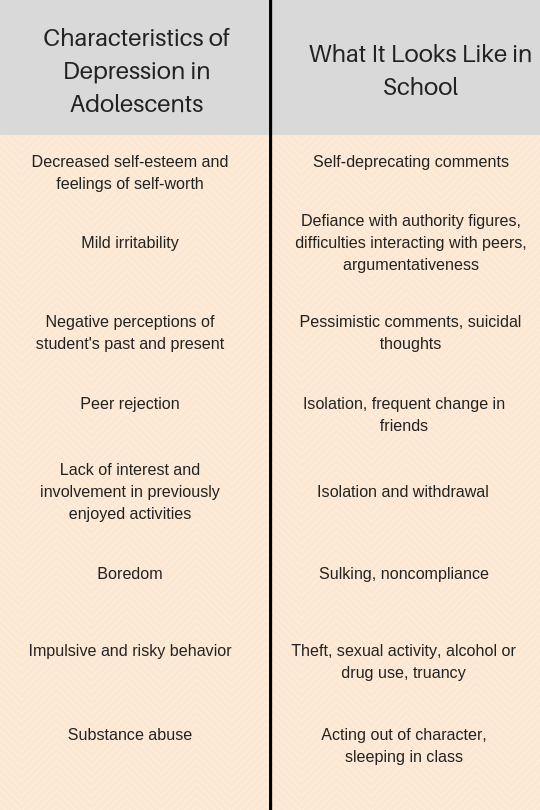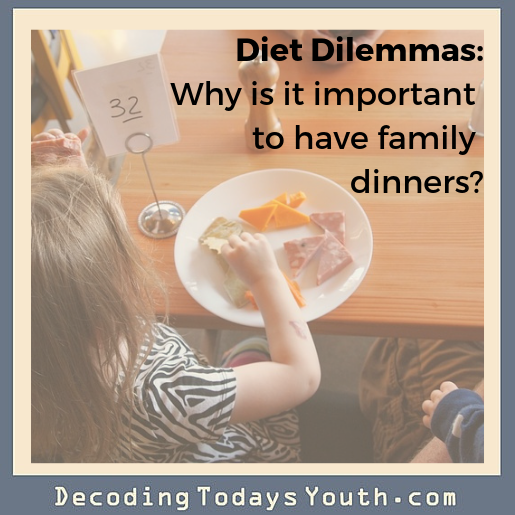
Instagram fabulously documents a teenager’s life. It shows the highs of every event: the laughs, the candid moments, the wide smiles.
What could better serve as the diary for an adolescent, impressionable young soul?
The answer? Just about anything else. Because while Instagram looks fun on the surface, the need for “the perfect looking life” takes a terrible toll on the self-esteem of teenagers (and let’s be honest, adults, too).
For those of you who may not be aware of a typical night scrolling through the Instagram Explore page, I’ll go through it for you.
The Explore page is catered toward your personal interests. The more you search something – say a television show – the more you will see actors associated with the show and clips showing small parts of the show. It’s meant to be harmless.
Until your searches get the better of you.
Since beginning my college break, I’ve decided to spend my time trying to get back in shape. This past semester didn’t leave me with a lot of time to keep up with a good workout regimen, so I’ve used the free time to go for a couple of runs. Now, I find myself clicking on more posts on Instagram that have to do with fitness.
The only problem is that the people who run Instagram fitness accounts look FANTASTIC. Seriously, I don’t understand how some of these girls look so good when they’re working out.
I’ve learned that a lot of people my age, especially women, fall into this hole. The so-called “Instagram models”. They acquire enough followers to get sponsorships to promote items like slimming tea and hair vitamins. They also display their perfectly thin waists and impeccable sense of style that no normal teenager or young adult would be able to maintain or afford.
I wanted to look up new workouts or get some fitness inspiration. And I found that. But what I also found was a sense of self-hatred and inadequacy.
And I’m not the only person who thinks like this.
“I’ll never look like that.”
“I’m not good enough.”
“I don’t look like her, so I must be inadequate.”
And probably the worst thing to think while trying to better yourself:
“I’ll never look like her, so why even bother trying?”
Why? Because fitness should be for health reasons not for appearances!!
But I digress.
With New Years resolutions in full swing, I urge you to reach out to your children if they’ve expressed an interest in improving themselves via health and fitness. I guarantee they will find themselves on the Instagram Explore page sooner or later.
Want to hear some more thoughts on this? Look here.
You can help. Here are some things to keep in mind when discussing this with your kids:
1. Instagram is not real life. Yes, those might be real people, but picture-editing apps make up a large part of the Instagram experience, and that should not be forgotten.
2. Your child’s personal journey should not try to match anyone else’s. That fitness model has been training for years, and there’s no way you’ll be able to do as many reps/have those abs right away/look as effortless as that model does. If they really want to have someone to workout with, help them find an able friend who can be their workout buddy.
3. They should separate social media from any form of bettering themselves. Maybe try a social media cleanse. Help them manage their time on social media. It will help their goals in the long run.
4. Posting their own pictures isn’t always a bad thing, especially if they have an amazing group of friends as a support system. Friends love to hype up their friends. Just make sure your child is doing it through confidence and not the need for validation and likes. (Note: This is a very slippery slope.)
5. Going off No. 4, making a group chat with friends can be a good alternative. Teenagers rely on their friend’s opinions for everything, so creating a chat with the main purpose of restoring each other’s self-esteem could play to all of the friends’ benefit.
The worst thing that can happen is your child loses motivation to reach their goals or surrenders their self-esteem. Once that is lost, social media has an even greater grasp on the child. Don’t let your child fall into the pattern of looking at themselves as subordinate.
For more information about Instagram and social media pressure, check out these links. https://economictimes.indiatimes.com/magazines/panache/instagram-can-lower-self-esteem-make-you-unproductive-heres-how-to-break-away/articleshow/66130212.cms
For more of our commentary on social media, check out https://www.decodingtodaysyouth.com/cyberbullying-or-cyberbullied/
Or
https://www.decodingtodaysyouth.com/finsta-a-fake-instagram/








 By Seth Woolcock
By Seth Woolcock
 By Katie Mest
By Katie Mest

 By Lily Whorl and Erick Lauber
By Lily Whorl and Erick Lauber